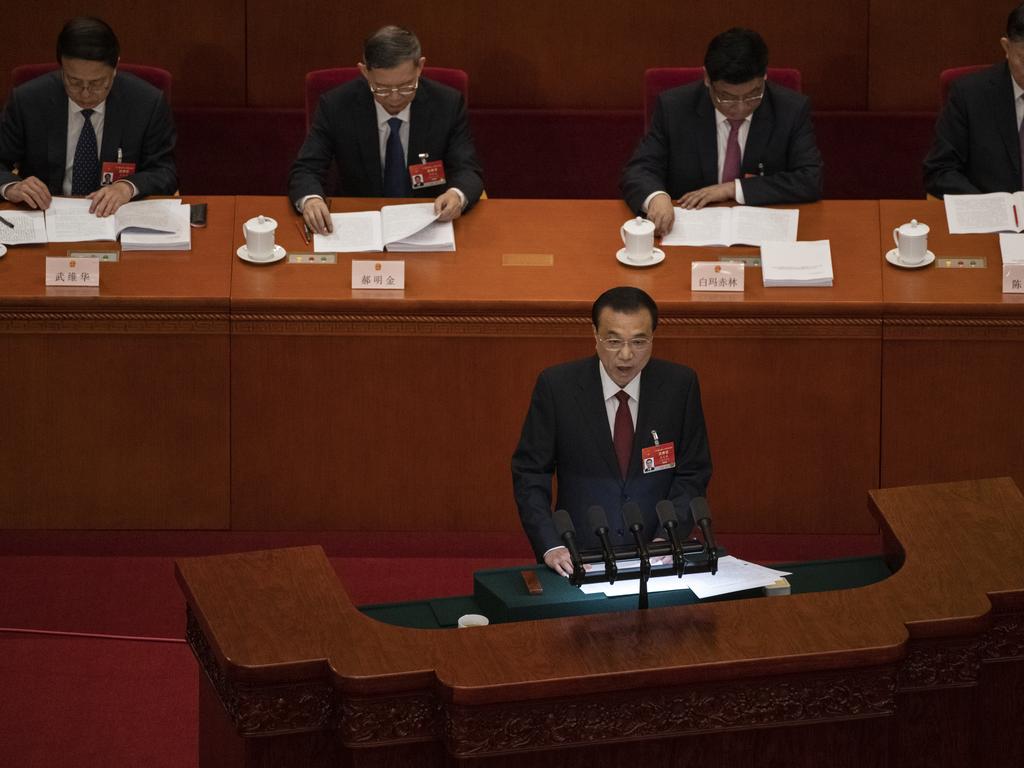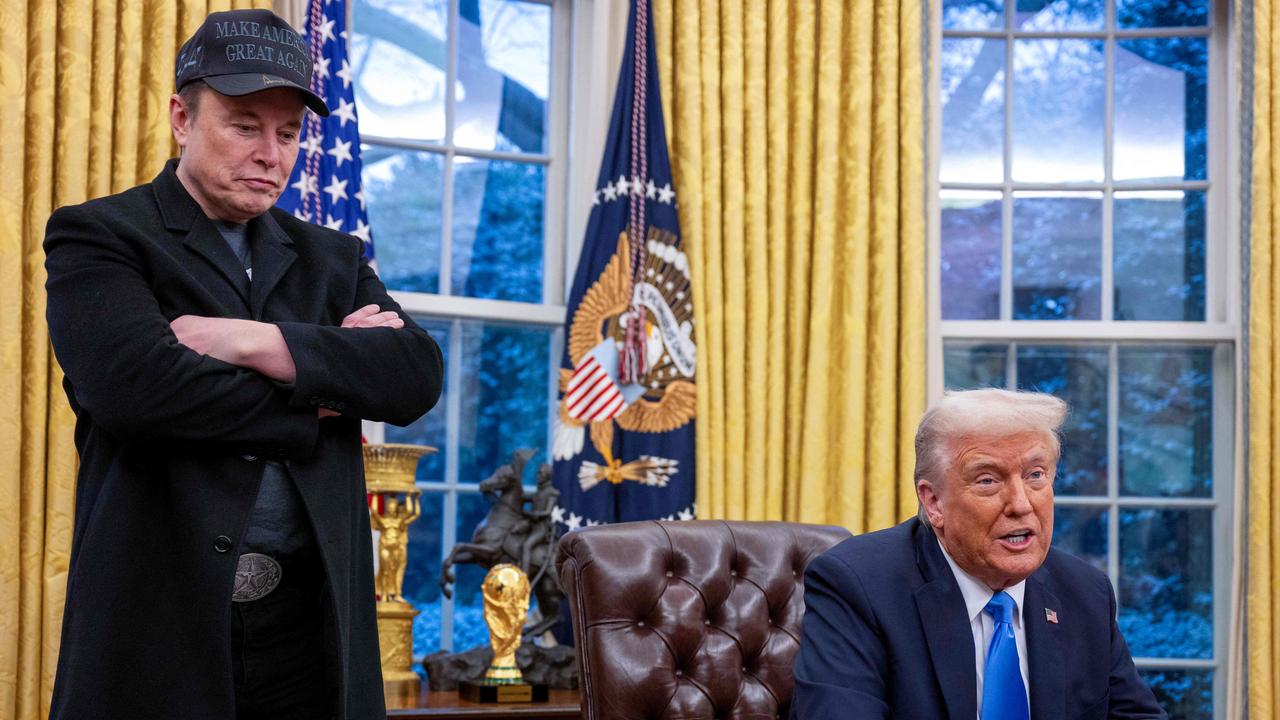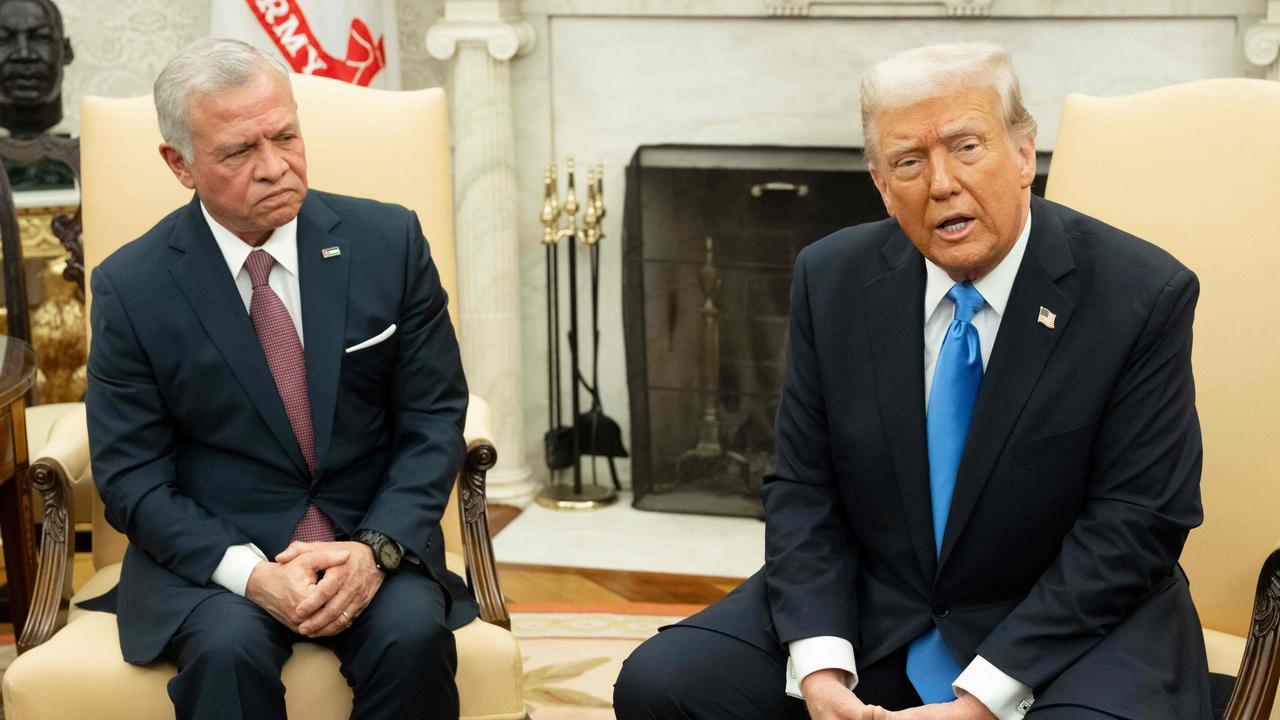
In last week’s column, I made the case that China’s investments in technology posed a challenge to American leadership, and that the US has mostly failed to respond. This week, I want to highlight some signs that we are beginning to recognise the threat.
Several recent surveys reveal a hardening of public attitudes toward Beijing. In a recent Pew Research Center poll, 67% of Americans say that their attitude toward China is negative or very negative, up from 46% three years ago. The share of Republicans with these attitudes has risen by 22 percentage points; among Democrats, 23 points. Nearly 90% see China as a competitor (55%) or enemy (34%), and 84% regard China’s growing technological power as a serious or very serious problem for the US Nearly half say that limiting China’s power and influence should be a priority.
There is a convergence of views among leaders as well. For example, the 2019 National Defense Authorization Act established a bipartisan commission on artificial intelligence. Its report, released last week, recommends steps such as doubling the federal investment in nondefense research and development to $32 billion by 2026 and enacting a new version of the 1958 National Defense Education Act, passed in the wake of the Soviet Union’s Sputnik launch.

The commission highlighted the challenge of artificial intelligence. “We take seriously China’s ambition to surpass the United States as the world’s AI leader within a decade,” the commissioners wrote, asserting that the US must “win the AI competition that is intensifying strategic competition with China.” The same could be said of the other areas that Beijing has identified as essential to achieving technological pre-eminence within the next generation.
The “Interim National Security Strategic Guidance” the Biden administration released last week offered more evidence of bipartisan consensus. “We cannot pretend the world can simply be restored to the way it was 75, 30, or even four years ago,” the document declared, and nowhere was that clearer than in its stance toward China. The Obama administration pursued the policy of co-operation with Beijing that had dominated US thinking for decades, a stance the Trump administration reversed. But the testimony Secretary of State Antony Blinken gave during his confirmation hearing was notably hawkish, earning praise from several Republican senators. On China, at least, the new administration would continue the previous administration’s more confrontational stance.

The new administration report underscores this shift, referring bluntly to a “more assertive and authoritarian China” that is “the only competitor potentially capable of combining its economic, diplomatic, military, and technological power to mount a sustained challenge to a stable and open international system.” This challenge will require a multifaceted US response, especially in science and technology.
“The world’s leading powers are racing to develop and deploy emerging technologies, such as artificial intelligence and quantum computing,” the administration asserts, that could reshape everything “from the economic and military balance among states to the future of work, wealth, and inequality within them.” The conclusion: “America must reinvest in retaining our scientific and technological edge and once again lead.”
Last year Senate Democratic Leader Chuck Schumer teamed up with a thoughtful young conservative, Senator. Todd Young, to introduce the bipartisan Endless Frontier Act, which aimed to fund research, technology transfer, and education in 10 technology areas. Reps. Ro Khanna and Mike Gallagher introduced a companion bill in the House. This ambitious legislation would establish a new technology directorate within the National Science Foundation. The directorate would fund undergraduate, graduate and postgraduate scholarship as well as university centres and incentives for moving technology from the laboratory to the market.
Last month Mr Schumer renewed his support for bipartisan legislation to counter Beijing. The predicate is alarm about a shortage of semiconductors, but the point would also be to invest in areas such as quantum computing, biomedical medical research, and data storage. The Endless Frontier Act would serve as the basis for this new legislation, which Mr Schumer aims to introduce this spring.
Senator Jack Reed, chairman of the Armed Services Committee, has pointed to what he terms China’s “aggressive attempts to undercut our current technological superiority” and expressed concern about the strength of our entire national research and innovation enterprise from research to the manufacturing and industrial base.” Senator Marco Rubio has called for a “21st century pro-American industrial policy”.
Beijing’s relentless advance has finally awakened the sleeping American giant. Partisanship must not stall our response.
WSJ







